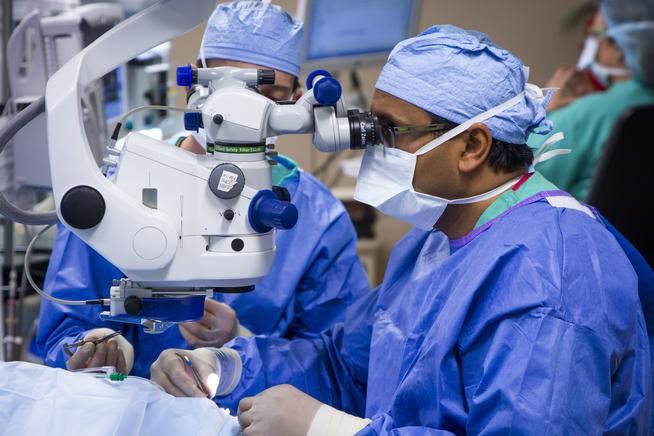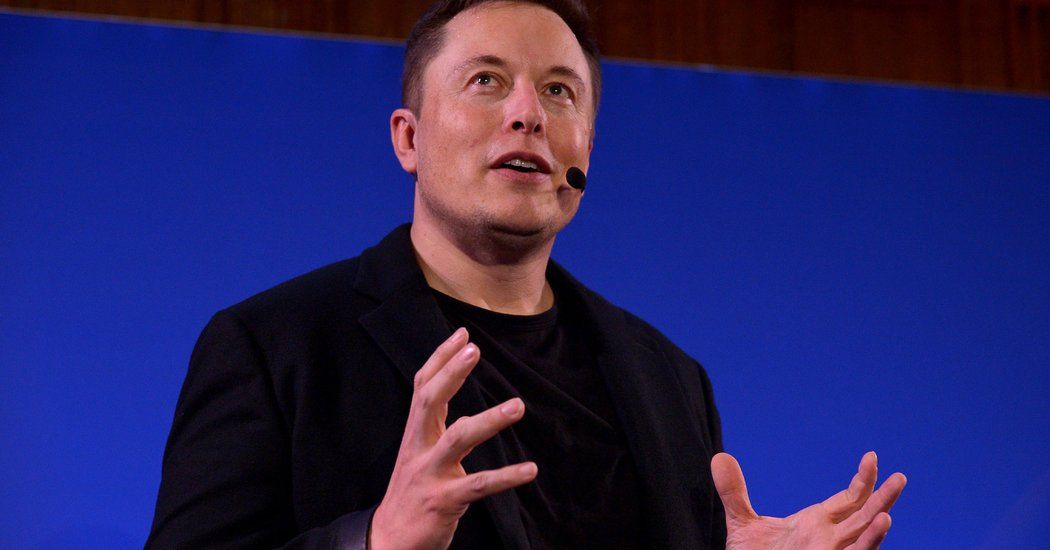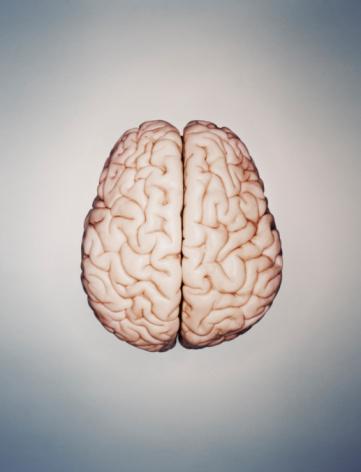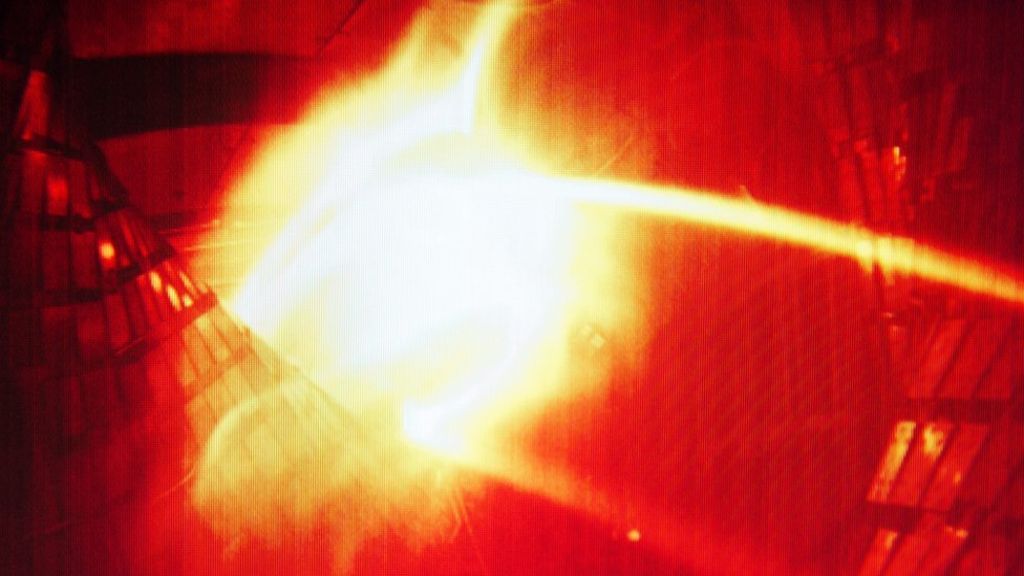Page 11894
Dec 12, 2015
FaceDirector software generates desired performances in post-production, avoiding reshoots
Posted by Shailesh Prasad in category: entertainment
Some film directors are famous for demanding that scenes be shot and re-shot repeatedly until actors express just the right emotion at the right time, but directors will be able to fine-tune performances in post-production, rather than on the film set, with a new system developed by Disney Research and the University of Surrey.
Called FaceDirector, the system enables a director to seamlessly blend facial images from a couple of video takes to achieve the desired effect.
“It’s not unheard of for a director to re-shoot a crucial scene dozens of times, even 100 or more times, until satisfied,” said Markus Gross, vice president of research at Disney Research. “That not only takes a lot of time — it also can be quite expensive. Now our research team has shown that a director can exert control over an actor’s performance after the shoot with just a few takes, saving both time and money.”
Dec 12, 2015
Scientists have developed an algorithm that learns as fast as humans
Posted by Shailesh Prasad in categories: information science, robotics/AI
Machine learning is a bit of a buzz term that describes the way artificial intelligence (AI) can begin to make sense of the world around it by being exposed to massive amount amounts of data.
But a new algorithm developed by researchers in the US has dramatically cut down the amount of learning time required for AI to teach itself new things, with a machine capable of recognising and drawing visual symbols that are largely indistinguishable from those drawn by people.
The research highlights how, for all our imperfections, people are actually pretty good at learning things. Whether we’re learning a written character, how to operate a tool, or how to perform a dance move, humans only need a few examples before we can replicate what we’ve been shown.
Dec 12, 2015
The Tesla Battery Is Now on Sale
Posted by Shailesh Prasad in categories: energy, habitats
Dec 11, 2015
University hospital performs first bionic eye transplant in Colorado
Posted by Shailesh Prasad in categories: biotech/medical, cyborgs, health, transhumanism
Dec 11, 2015
Here’s what the world will be like in 2045, according to DARPA’s top scientists
Posted by Shailesh Prasad in categories: internet, military, robotics/AI, transportation
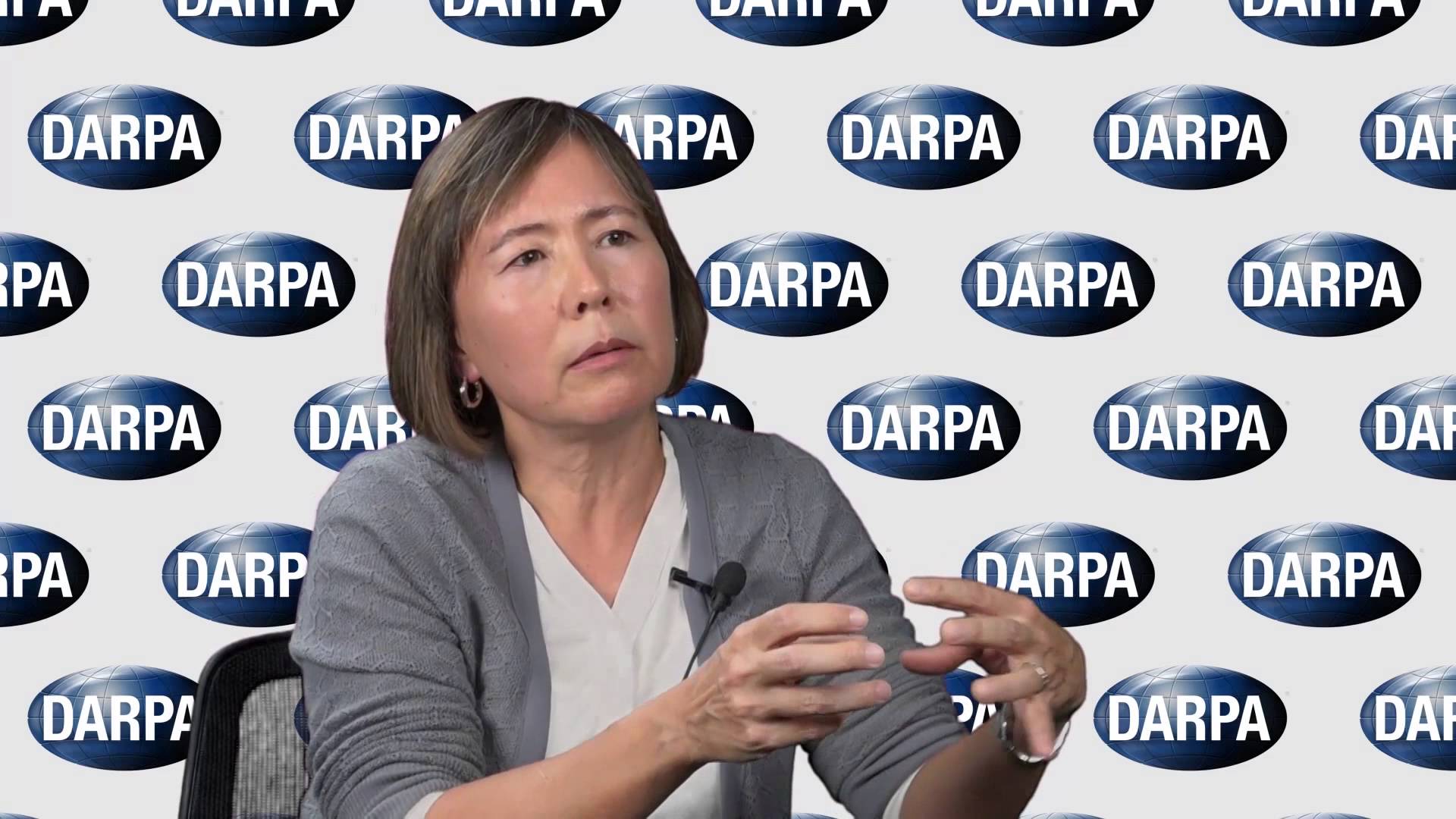
Launched in 1958, the Defense Advanced Research Projects Agency is behind some of the biggest innovations in the military — many of which have crossed over to the civilian technology market. These include things like advanced robotics, global positioning systems, and the Internet.
So what’s going to happen in 2045?
Continue reading “Here’s what the world will be like in 2045, according to DARPA’s top scientists” »
Dec 11, 2015
Artificial-Intelligence Research Center Is Founded
Posted by Aleksandar Vukovic in categories: Elon Musk, robotics/AI
Its long-range goal will be to create an “artificial general intelligence,” a machine capable of performing any intellectual task that a human being can, according to Mr. Musk. He also stressed that the focus was on building technologies that augment rather than replace humans.
The investors — including Elon Musk, Peter Thiel and Reid Hoffman — said they planned to commit $1 billion to the project long term, but would initially spend only a small fraction of that amount in the first few years of the project. But, Mr. Musk said, “Everyone who is listed as a contributor has made a substantial commitment and this should be viewed as at least a billion-dollar project.”
The organization, to be named OpenAI, will be established as a nonprofit, and will be based in San Francisco.
Dec 11, 2015
Your Attitude About Aging May Impact How You Age
Posted by Shailesh Prasad in categories: biotech/medical, life extension, neuroscience
In a new study, people who believed negative stereotypes about old age had higher risk of Alzheimer’s.
Dec 11, 2015
German plasma success raises nuclear fusion hopes
Posted by Aleksandar Vukovic in categories: nuclear energy, particle physics
A German nuclear fusion experiment has produced a special super-hot gas which scientists hope will eventually lead to clean, cheap energy.
The helium plasma — a cloud of loose, charged particles — lasted just a tenth of a second and was about one million degrees Celsius.
It was hailed as a breakthrough for the Max Planck Institute’s stellarator — a chamber whose design differs from the tokamak fusion devices used elsewhere.



